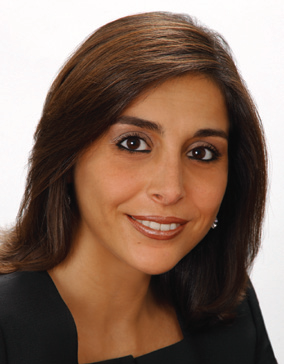By Papatya Tankut, VP, Pharmacy Affairs, CVS Caremark
CVS’s Project Health initiative, known as Proyecto Salud in Spanish, is helping to connect residents in multicultural communities to preventive healthcare. The wellness program, offered in several major U.S. cities, including Atlanta, Chicago, Dallas-Fort Worth, Detroit, Houston, Los Angeles, Miami, New York City, Philadelphia, and Washington, D.C., delivers millions of dollars worth of free health screenings annually with the goal of preventing disease through early detection. Project Health provides customers the opportunity to receive free comprehensive health screenings and risk assessments, on-site consultations with bilingual nurse practitioners and CVS pharmacists, and referrals to nearby no-cost or low-cost medical facilities if follow-up care is needed.
Far too many multicultural populations have difficulty making their health a priority. Whether they are struggling to access quality care or they are simply unaware of the risk factors they may be facing, ensuring these patients receive preventive care is imperative to helping them on their path to better health. That’s why the program, while open to everyone, is focused in areas with large multicultural populations where known disparities in healthcare access exist. The goal is to reach people who may not otherwise see a healthcare provider and encourage them to see pharmacies and pharmacists as accessible healthcare resources.
Tens of thousands of patients have received quick and convenient health screenings and risk assessments through Project Health, demonstrating the need for these important services. In 2012 alone, Project Health screenings detected that 53 percent of patients had at least one abnormal screening result, 47 percent had at least one abnormal risk factor for heart disease, 51 percent had risk factors for osteoporosis, and 32 percent had abnormal glucose readings.
Improving access to care for customers is important to ensuring their long-term health. By holding Project Health events in communities that are home to people from a variety of cultures, patients who may not have had access to high-quality care receive an important health assessment, putting them on their path to better health and helping them live healthier lives for years to come.







